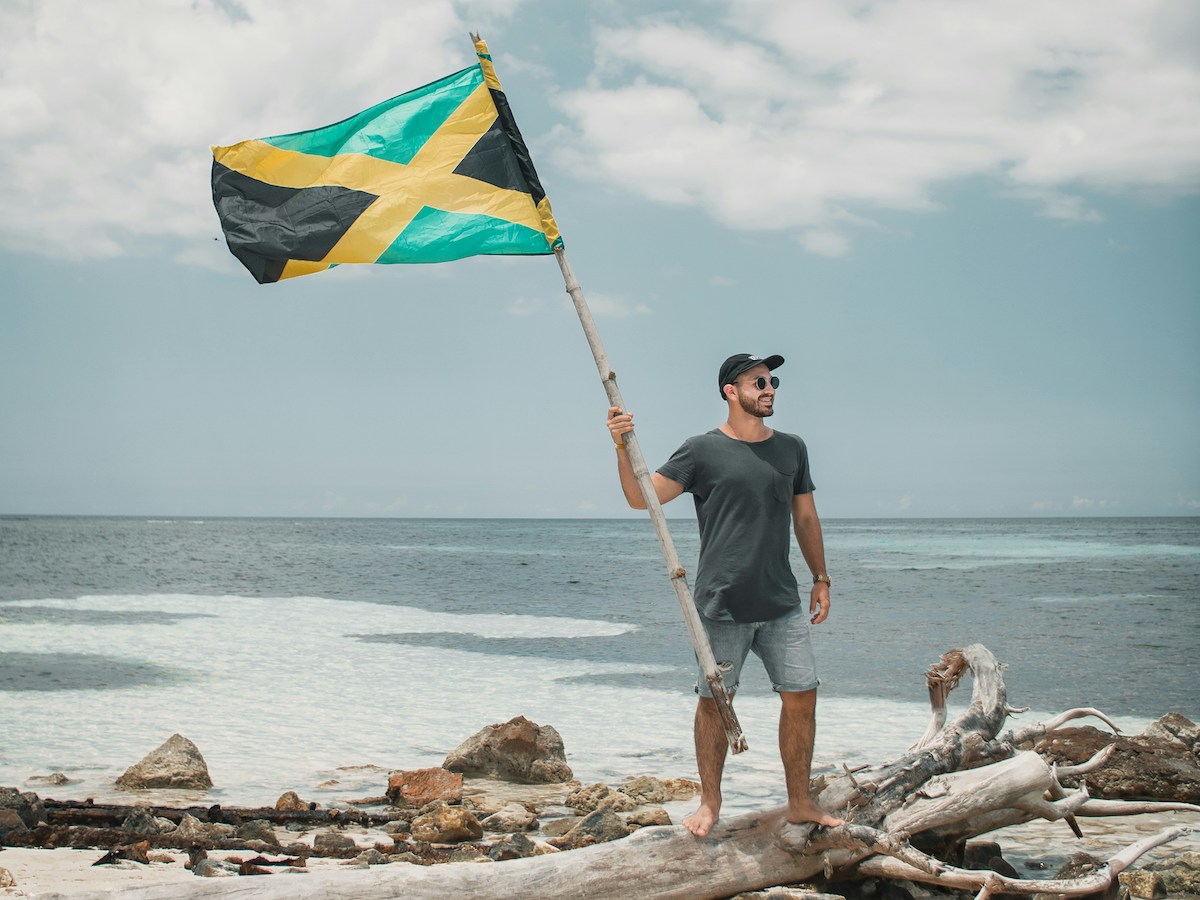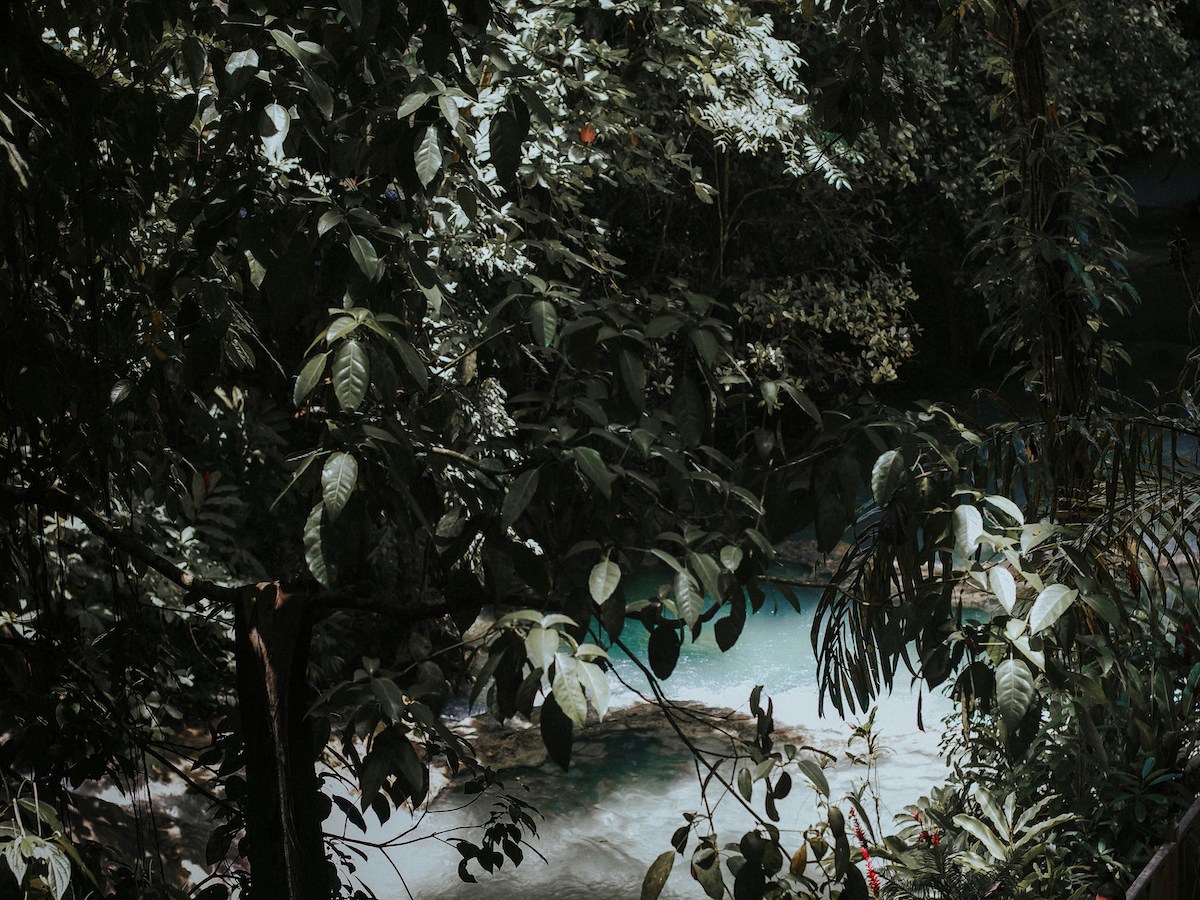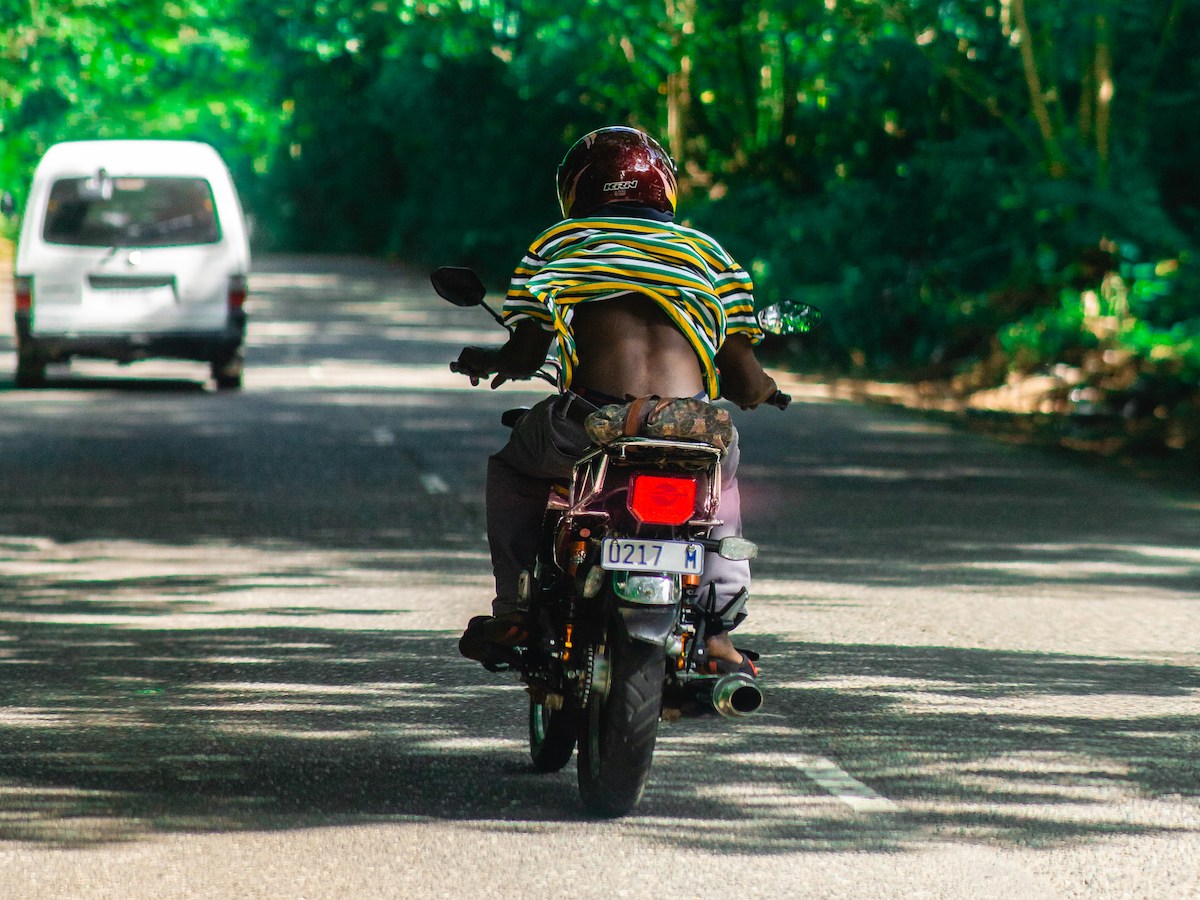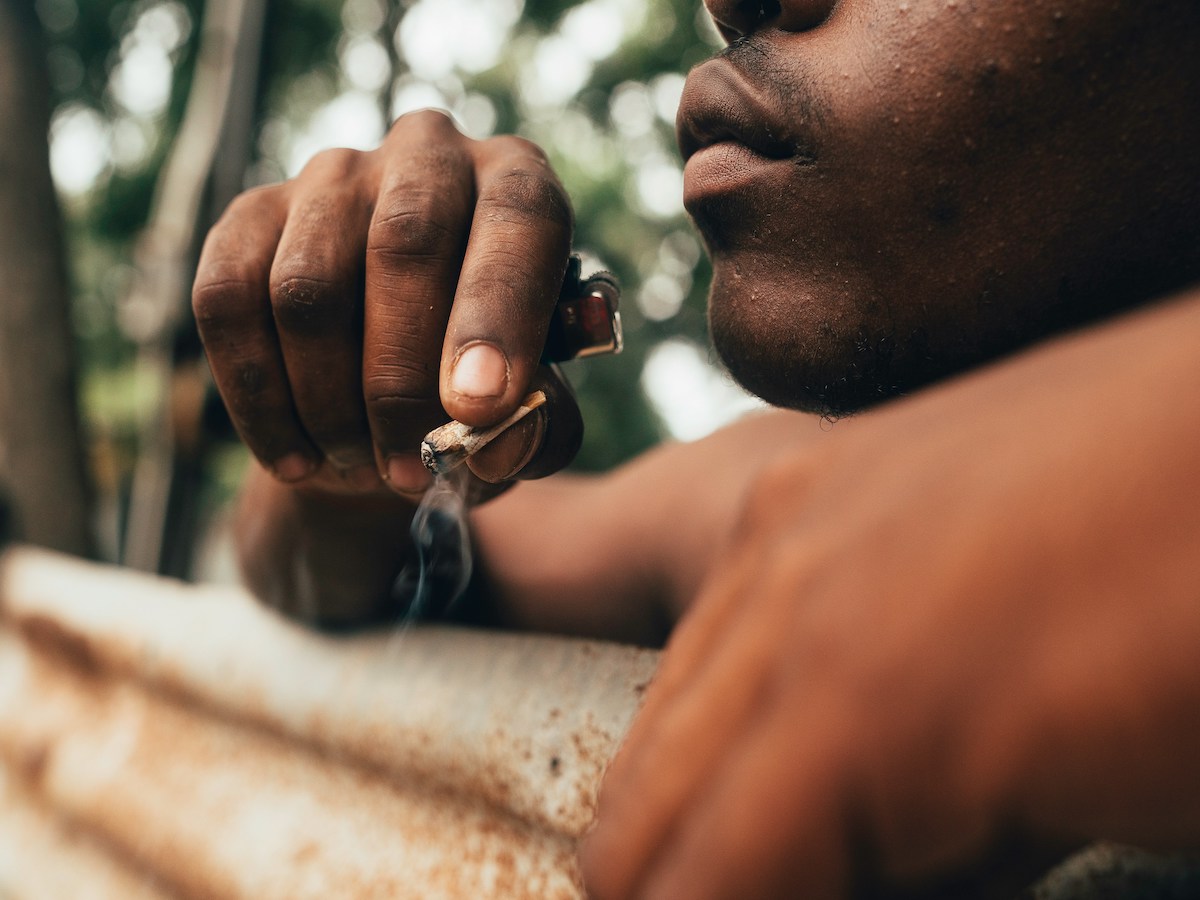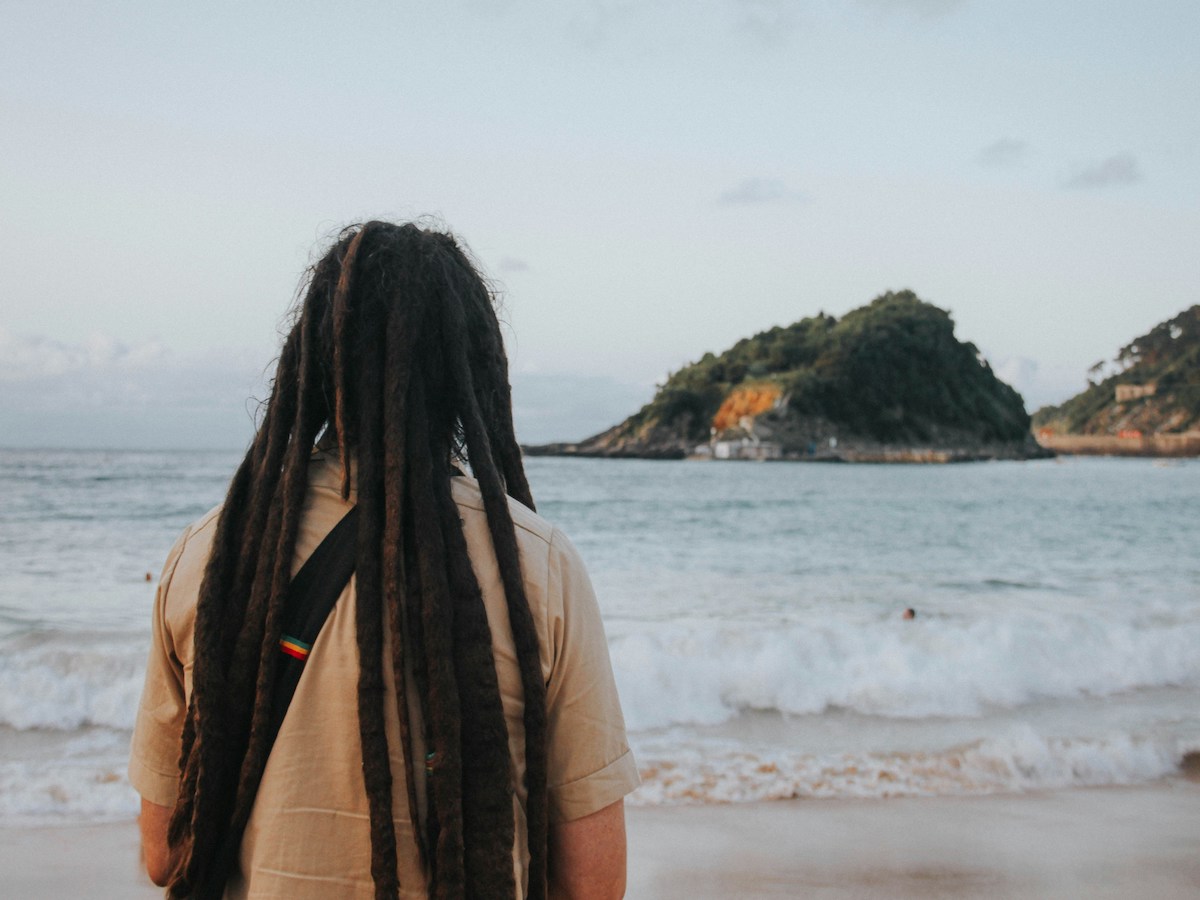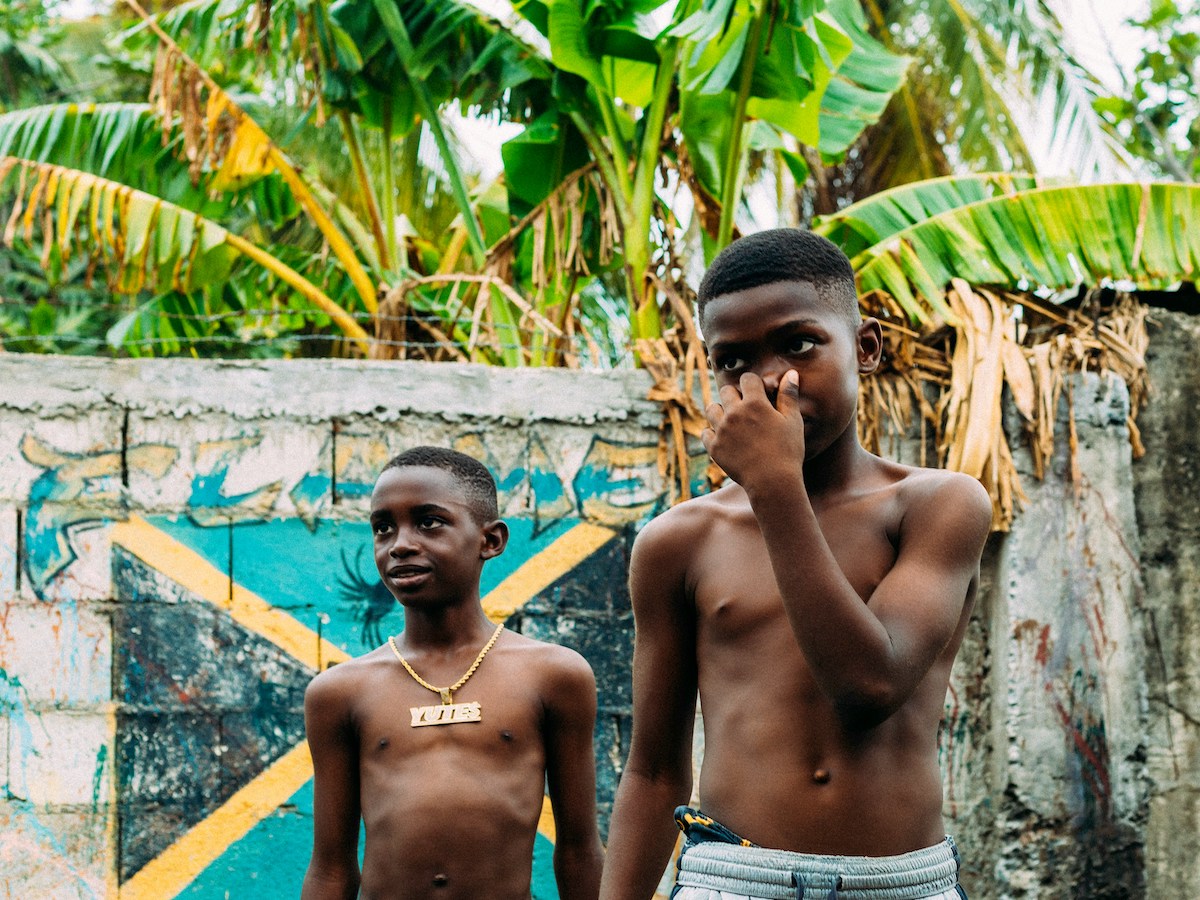Initially colonised by the Spanish in 1493 and subsequently claimed by the British in 1655, Jamaica’s history is a tapestry of complexity and richness, shaping its dynamic culture that is recognised and celebrated across the globe. Despite enduring a dark and turbulent past, Jamaica emerges as one of the most enchanting islands, often described as paradise on earth.
With stunning beaches stretching along crystal-clear waters, verdant rainforests teeming with incredible wildlife and majestic waterfalls cascading into turquoise pools, Jamaica is a natural paradise that caters to all. Whether exploring its natural wonders, bustling markets in Kingston, or dancing to the rhythm of reggae music in Montego Bay, Jamaica is more than just a destination; it’s an unforgettable experience.
Important things to know for visiting Jamaica
Visiting Jamaica is an experience in and of itself and one that never fails to impress. This vibrant island nation offers an intoxicating mix of stunning natural beauty, rich cultural heritage, and a refreshing, warm, and laid-back way of life.
To truly embrace the spirit of Jamaica and ensure a smooth journey, it’s crucial to prepare well. From the pristine waters of Negril to the bustling nightlife of Kingston, Jamaica is a treasure trove of experiences waiting to be explored. Knowing the best times to visit, understanding local currency dynamics, exploring transportation options, and appreciating cultural nuances can significantly enhance your visit.
Whether you’re an adventurer, a culture enthusiast, or someone seeking relaxation, these essential tips will help you make the most of your Jamaican escape. Get ready to dive into the heart of Jamaica, where every corner holds a new story, and every moment is a chance to create lasting memories. Here is our comprehensive list of important things to know for visiting Jamaica.
Best time to visit Jamaica Weather
The best time to visit Jamaica is during the dry season, which runs from mid-December to mid-April. This period offers the most pleasant weather, with sunny skies and warm temperatures, ideal for beach activities and outdoor excursions. However, it is also the peak tourist season, so expect higher prices and larger crowds.
If you prefer a quieter experience, consider visiting during the shoulder seasons of late April to early June or November to mid-December. During these times, the weather is still favourable, and you can enjoy lower prices and fewer tourists. The rainy season, from June to November, brings more humidity and occasional hurricanes, but it also offers lush landscapes and fewer crowds, making it a viable option for some travellers.
The official currency of Jamaica Currency
While the official currency in Jamaica is the Jamaican Dollar (JMD), the preferred currency, especially in tourist areas, is US Dollars (USD). This is because US Dollars are a stronger currency and, therefore, provide a good conversion rate for the locals.
What this means is that you may end up paying more if you decide to pay in US Dollars. It is, therefore, advisable to ask for prices in Jamaican Dollars (JMD), as it might sometimes result in a better deal.
Jamaica is not cashless Transactions
Despite the convenience of modern banking systems, Jamaica still predominantly operates on a cash basis. While you can use your bank card in major stores and establishments, for local shopping, bars, and restaurants, cash is king.
In many instances, especially in local markets, bars, and smaller restaurants, cash transactions are the norm. Even though major stores may accept cards, carrying cash is advisable to avoid any inconvenience. This reliance on cash is deeply ingrained in Jamaican culture and reflects the importance of tangible currency in daily transactions.
Whether you’re exploring bustling marketplaces or indulging in street food delicacies, having cash on hand ensures seamless interactions and a smoother travel experience.
You should go off the beaten path Culture
While popular destinations like Montego Bay and Negril are beautiful, they can be heavily commercialised. For a more authentic Jamaican experience, it’s worthwhile to venture off the beaten path. Engaging with locals and exploring less touristy areas can provide a deeper insight into Jamaican life and culture.
Small towns and rural areas offer unique experiences and a chance to see the real Jamaica, away from the bustling tourist centres. For ease, here are some lesser-known places worth adding to your itinerary:
Treasure Beach: Tucked away on Jamaica’s south coast, Treasure Beach is a secluded haven known for its unspoiled beauty and laid-back vibe. Spend your days lounging on pristine beaches, exploring hidden coves, or mingling with locals in this off-the-beaten-path paradise.
Port Antonio: Escape the tourist crowds and discover the understated charm of Port Antonio on Jamaica’s northeast coast. This picturesque town boasts stunning beaches, tranquil waterfalls, and lush rainforests. Don’t miss the chance to visit Frenchman’s Cove, Boston Bay, and Reach Falls for a taste of authentic Jamaican beauty.
Charles Town: Immerse yourself in the rich heritage of the Maroons by visiting Charles Town on Jamaica’s northeastern coast. This historic settlement offers insight into the culture and traditions of Jamaica’s resilient Maroon community. Explore ancient ruins, learn about traditional herbal medicine, and engage with locals to gain a deeper understanding of Jamaica’s past.
You should hire a car Transportation
To truly explore Jamaica beyond the typical tourist spots, renting a car is highly recommended. UK visitors can use their driving licence, making the process easier.
While local transport options such as taxis and buses are available and generally reliable for short distances, having a car provides the freedom to travel at your own pace and visit less accessible areas.
Smoking Cannabis is not legal in Jamaica Crime
It’s important to note that cannabis, often referred to as “ganja” in Jamaica, is not legal for recreational use on the island. While possession of small amounts (up to two ounces) has been decriminalised since 2015, it remains a controlled substance under Jamaican law.
This means that while individuals caught with small amounts of cannabis may face only minor penalties, such as a fine, larger quantities or involvement in trafficking can still result in serious legal consequences, including imprisonment. Despite its cultural significance and widespread use, particularly within the Rastafarian community, visitors should exercise caution and respect local laws regarding cannabis during their time in Jamaica.
Driving in Jamaica is not for the faint-hearted Transportation
Navigating the roads of Jamaica demands a blend of courage, patience, and unwavering attention. Unlike the laid-back demeanour often associated with the island, Jamaican drivers tend to exhibit a more assertive approach behind the wheel.
From bustling city streets to winding mountain roads, the driving experience can be exhilarating yet challenging. Beware of drivers overtaking around blind corners and swerving to avoid potholes. While renting a car offers freedom and flexibility, exercising caution and vigilance at all times is essential. For first-time visitors, particularly those unaccustomed to Jamaican driving customs, sticking to well-traveled routes and avoiding congested urban areas like Kingston and Montego Bay may provide a smoother introduction to navigating Jamaica’s roads.
You must visit the Bob Marley Museum Culture
Although this may appear cliché, visiting the Bob Marley Museum in Kingston is an incredible experience and an absolute must for anyone interested in reggae music and Jamaican culture.
Located in the legendary musician’s former home and studio, the museum offers an interactive and immersive journey through Bob Marley’s life and career. Visitors can explore the various exhibits that showcase his music, memorabilia, and personal artefacts, gaining insight into his profound influence on Jamaican culture and the global music scene. What is more, the tour ends with a visit to a weed dispensary, where you can purchase marijuana, adding an authentic touch to the overall experience.
Charles Town is an essential destination for those interested in Jamaica’s rich history beyond the world of reggae. The Bob Marley Museum and Charles Town offer enriching experiences beyond typical tourist attractions, allowing visitors to connect with the heart and soul of Jamaica’s vibrant culture and history.
Drawing over 14 million visitors each year, Malaga is more than just a destination; it’s an experience! So, if you’re dreaming of an unforgettable getaway to Malaga, look no further. Here is our complete list of the very best things to do in Malaga…
Where to stay in Jamaica Locations
Choose wisely where you stay in Jamaica, as the location will significantly shape your overall experience. Each parish in Jamaica has its unique charm, attractions, and cultural highlights, so moving around will give you a richer and more comprehensive understanding of the island.
As one of the largest islands in the Caribbean, Jamaica offers a diverse range of environments, each with its unique charm and attractions. If you’re into stunning beaches and water sports, Negril and the north coast are ideal, with their pristine shores and crystal-clear waters perfect for diving, snorkelling, and relaxing under the sun.
Montego Bay and Ocho Rios combine excellent dining scenes with proximity to natural attractions and vibrant nightlife, providing a balanced mix of relaxation and entertainment.
For those passionate about music and culture, Kingston is the place to be, offering the best of Jamaica’s reggae scene and numerous cultural landmarks, including the Bob Marley Museum. Alternatively, if you seek a more tranquil and laid-back atmosphere, Treasure Beach on the south coast and Port Antonio on the north coast provide serene settings away from the bustling tourist spots.
If you’re in Jamaica for at least two weeks, it’s highly recommended to stay in different locations across the island to fully experience its diverse offerings.
Jamaica is generally safe for tourists Safety
Jamaica is generally safe for tourists, with gang violence rarely targeting visitors. Although organised crime in Jamaica centres around gang conflicts, these incidents are typically confined to specific neighbourhoods and do not affect tourists.
The origins of this violence trace back to the 1970s when rival political parties armed their supporters, leading to ongoing feuds. Today, local dons control these areas, independent of political influence. While gang violence does not target tourists, opportunistic crimes like muggings and pickpocketing can occur. To stay safe, take common-sense precautions such as taking taxis at night and carrying minimal cash.
There are mosquitoes in Jamaica Health
There are mosquitoes in Jamaica, so it is essential to bring insect repellent. A wide range of repellents are on the market, catering to different preferences and budgets.
A highly recommended option is Xpel, which effectively repels mosquitoes with its strong citronella scent and costs only between £1-£2.
Additionally, be aware that sandflies are also present in Jamaica. To avoid bites, it is best to steer clear of the beach at sunrise and sunset, as this is when sand flies are most active. Proper preparation with a good repellent can ensure you enjoy your time outdoors without the nuisance of insect bites.
Vegetarian and vegan options in Jamaica Diet
Vegetarians and vegans will find plenty of delicious options in Jamaica. The island’s plant-based I-tal (“vital”) food, a key aspect of Rastafarian cuisine, is both widely available and highly enjoyable.
You can look forward to freshly squeezed fruit juices, crispy plantain fritters, steamed callaloo (Jamaica’s version of spinach), an array of tropical fruits, and many more nutritious dishes. Even in non-Rastafarian restaurants, you will find vegetarian-friendly staples like rice ‘n’ peas, a popular dish made with rice and kidney beans cooked in coconut milk.
Jamaica’s vibrant culinary scene ensures that vegetarians and vegans can savour hearty, wholesome meals throughout their visit.
Do speak to strangers Culture
In Jamaica, talking to strangers is not just acceptable; it’s encouraged. Unlike in many other big cities where striking up conversations with strangers can be seen as intrusive, Jamaicans are generally warm and open to engaging with visitors.
While some locals might approach you with the intention of doing business, many are genuinely interested in getting to know you and find standoffishness offensive. You’ll frequently hear and exchange greetings such as “good morning,” “good afternoon,” and “good night” both as salutations and farewells.
Elders are accorded extra respect, and a friendly chat with vendors trying to sell you fruit or souvenirs is far more appreciated than coldly ignoring them. Embracing these interactions can enrich your travel experience and offer deeper insights into the local culture.
You must visit Bobo Hill Culture
Bobo Hill is a sacred Rastafarian community nestled in the hills of Bull Bay, just outside of Kingston, Jamaica. This secluded enclave serves as the headquarters of the Bobo Shanti, one of the three main Mansions of Rastafari. Bobo Hill holds deep spiritual significance for adherents of the Rastafarian faith, serving as a sanctuary for those seeking to live in accordance with Rastafarian principles and teachings.
Visiting Bobo Hill offers a unique opportunity to immerse oneself in the rich culture and heritage of the Rastafarian movement. The community is characterised by its traditional way of life, with residents adhering to strict codes of conduct and engaging in daily rituals and ceremonies. Visitors can experience the vibrant rhythms of Nyabinghi drumming, participate in spiritual gatherings, and learn about the beliefs and practices that form the foundation of Rastafarianism.
A visit to Bobo Hill is a profound and enlightening experience, offering a rare glimpse into the heart and soul of the Rastafarian movement. It is a place of reverence and reflection where visitors can connect with the spirit of Jah and gain a deeper understanding of the principles of love, unity, and righteousness that form the core of the Rastafarian faith.
The nightlife in Jamaica is incredible Entertainment
Nightlife in Jamaica is an exhilarating experience that offers something for everyone, from beach parties to lively nightclubs and street dances. In Negril, you can expect vibrant beach parties that last until the early hours, with bonfires, reggae music, and a laid-back atmosphere perfect for dancing under the stars.
Montego Bay and Ocho Rios are known for their bustling nightlife scenes, featuring a mix of chic nightclubs, bars, and live music venues where you can enjoy everything from reggae to dancehall.
Kingston, the capital, boasts the slickest nightclubs and the best music events, with street dances and live concerts offering an authentic taste of Jamaica’s pulsating music scene. Here, you can expect to hear top local artists and DJs, with parties that often continue until sunrise.
Whether you’re looking to relax on the beach with a cocktail or dance the night away to the latest hits, Jamaica’s nightlife is sure to leave a lasting impression.
Best beaches in Jamaica Beaches
Jamaica boasts some of the most stunning beaches in the Caribbean, each offering a unique slice of paradise. Negril’s Seven Mile Beach is world-renowned for its soft white sand, crystal-clear waters, and breathtaking sunsets, making it perfect for families and water sports enthusiasts alike.
Doctor’s Cave Beach in Montego Bay is another top destination, famous for its clear turquoise waters and vibrant marine life, ideal for swimming and snorkelling.
For a more secluded experience, head to Frenchman’s Cove in Port Antonio, where a river meets the sea, creating a tranquil and picturesque spot surrounded by lush greenery. Treasure Beach on the south coast offers a more laid-back vibe with its series of sandy coves and friendly local atmosphere. Another hidden gem is Boston Bay Beach, known for its surfing waves and being the birthplace of Jamaica’s famous jerk cuisine.
From secluded beachfront escapes to historic gems, Jamaica boasts a multitude of hotels to suit every traveller’s taste and budget. So whether you seek a supreme and ultra-luxurious hotel experience or an affordable luxury retreat…
Navigating sales pitches and hustlers in Jamaica Streets
Expect to encounter hustlers and persistent vendors while travelling in Jamaica. Tourists are highly likely to face persistent sales pitches from hustlers, especially in major tourist hubs like Montego Bay, Negril, and Ocho Rios.
These individuals may aggressively pursue sales, hoping to pressure you into purchasing their goods or services. It’s important to remain firm yet polite in your refusals and to assertively decline any unwanted offers.
Jamaica is not an LGBTIQ+ friendly LGBTQIA+ Inclusion
Jamaican society is largely homophobic, with the gay scene in Kingston remaining firmly underground. Public displays of affection between gay couples are strongly inadvisable, as sexual acts between men are illegal and punishable by up to 10 years in prison.
Despite this, some popular tourist destinations have hotels, including all-inclusive resorts, that welcome LGBTQIA+ travellers. It’s important to exercise discretion and be aware of the prevailing attitudes while visiting.
Avoid common payment scams when taking tours Crime
When taking tours in Jamaica, it’s essential to be vigilant to avoid common payment scams. One frequent scam involves young men offering transportation to popular tourist attractions, such as waterfalls or swimming holes, and then claiming that the initial fee only covered a one-way trip.
Additionally, self-appointed “guides” might suddenly present various add-on charges at the end of a tour. To protect yourself, always ensure you have a clear understanding of what the agreed-upon fee covers before accepting any services. Clarify whether the fee includes a return trip and if there are any additional costs to avoid unexpected expenses and enjoy a hassle-free experience.
Getting around Jamaica can be expensive Transportation
Getting around Jamaica without a car can be costly if you rely on private hire options. Private transport services are often expensive, especially for longer journeys between different parts of the island. While taxis are convenient, the costs can add up quickly, making it less economical for travellers who plan to explore various locations extensively.
If you’re visiting for an extended period or planning to travel frequently between towns and attractions, renting a car might be a more budget-friendly and flexible option.
A complete list of important things to know for visiting Jamaica
Visiting Jamaica can be a richly rewarding experience filled with stunning natural beauty, vibrant culture, and warm hospitality. By understanding the local customs, being aware of potential challenges, and planning your trip carefully, you can ensure a smooth and enjoyable journey.
Whether exploring off-the-beaten-path locations, engaging with friendly locals, or savouring the diverse culinary offerings, Jamaica offers something for every traveller. With the proper preparation, your Jamaican adventure will be unforgettable.
